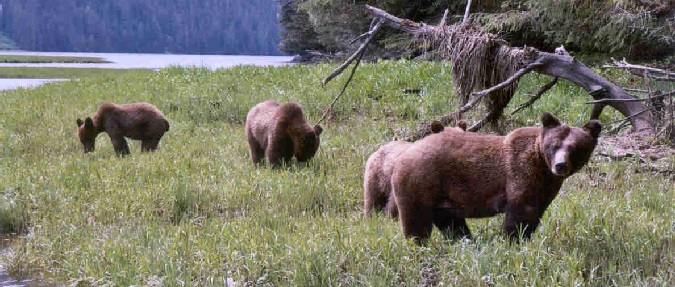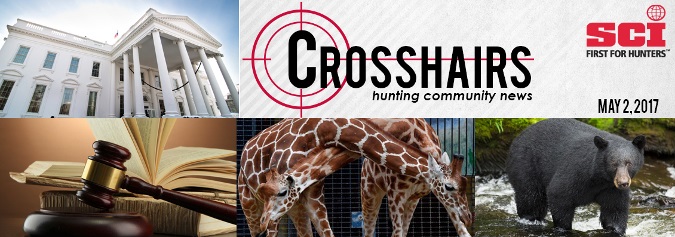Sustainable management of wildlife in British Columbia was sucker-punched this week when the Provincial government announced the closure of grizzly bear hunting. Protectionist politics of anti-hunters trumped sound science in a drama that could see grizzlies bear the brunt of vitriol aimed at hunter-conservationists.

To add insult to injury, officials cannot argue that they didn’t know better. In a report provided to the Ministry of Forests, Lands and Natural Resource Operations by researchers from the University of Alberta (August 2015 and revised February 2016), a team led by Professor Dr. Mark Boyce of the University of Alberta recommended a number things, among which were:
- “Increase the opportunities for public consultation on grizzly bear harvest management in advance of recommendations pertaining to openings or closing of harvest and changing harvest levels.
- “Establish objectives for accommodating both hunting and viewing of grizzly bears, and investigate whether conflicts exist.”
- Clearly, the decision to ban hunting of grizzlies was made absent meaningful public consultation and any management objectives that include hunting.
- Grizzly bears have been treated like political footballs in BC for years.
- “Hunting of grizzly bears has been particularly controversial in BC, both in terms of ethics and beliefs, and long-term sustainability. Apparently viewing this hunt as unsustainable, in 2002 The European Union banned the import of grizzly bear trophies from BC to EU member countries,” the report stated.
“A panel of experts was convened in 2001 to evaluate the question of whether the harvest management procedures were conservative enough to reasonably ensure long-term population stability or growth. That panel (Peek et al 2003: 67) concluded that ‘the harvest of grizzly bears in BC can (our emphasis) be managed on a sustainable basis, with minimal risk of population declines.
“Accordingly, we do not see any justification for imposition of a ban on imports of bears (e.g., by the European Union) that are legally harvested in B.C.”
The report also noted: “The International Union for the Conservation of Nature (IUCN) states that hunting plays a positive role in conservation because ‘the social and economic benefits derived from such use provide incentives for people to conserve them.”
The 2003 panel (Peek et al. 2003) made a similar observation: “An ironic benefit of harvesting is that it prompts agencies to conduct research and monitoring that they other wise might not do; some non-harvested bear populations may be in jeopardy from human-imposed alterations to their habitat but monitoring of these populations is often inadequate.”
The bottom line here is that when hunting is not part of the solution, wildlife too often is ignored and suffers as a result.
“Safari Club International will take the steps necessary to bring such injustices to light and then, with the help of the entire hunting community, fight to preserve our hunting heritage while helping to assure sustainable wildlife populations,” said SCI President Paul Babaz.

